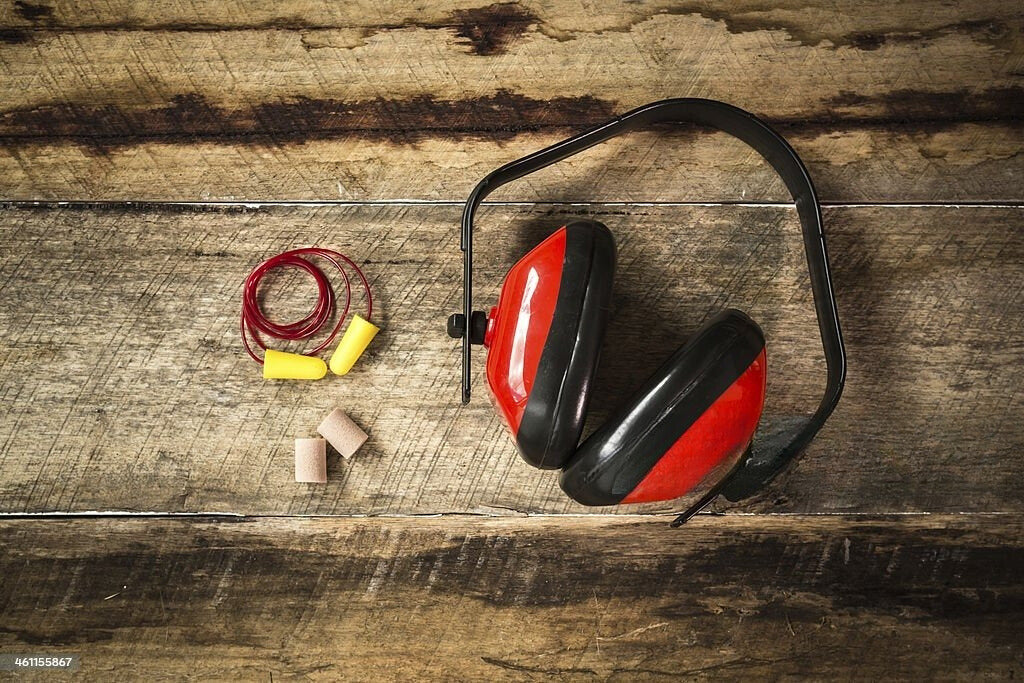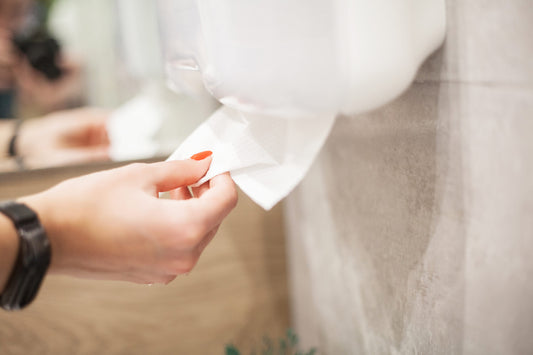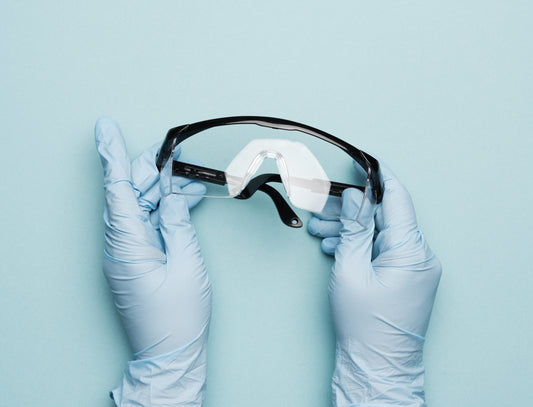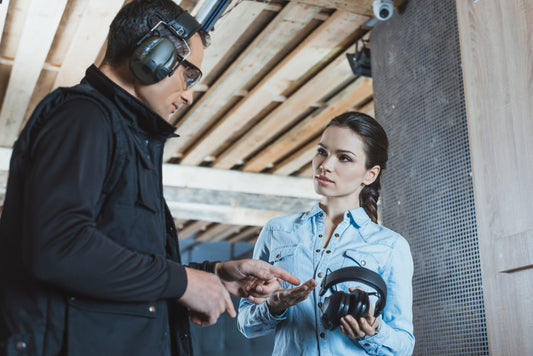
Three Tips for Choosing the Right Hearing Protector
Are you always surrounded by the noise of machines at work, love playing sports like shooting, or need to protect your hearing when you go to noisy events such as concerts? For such situations, selecting the correct hearing protection is vital.
Some sounds around us are very loud, which can result in serious problems such as temporary or constant hearing loss, tinnitus (ringing in the ears), and difficulties in efficient communication. However, hearing damage that is permanent from excessive noise exposure is irreparable. In situations where you can’t reduce your exposure through changes in volume, moving to a quieter area, or restricting your time in noisy areas, you must use hearing protection.
However, with the abundance of available hearing protection options, which include diverse styles, materials sizes, and colors, it can be a challenge to make the right decision. We’ll provide three tips that will aid you in selecting the ideal hearing protector to ensure that you protect your hearing without a lot of stress.
1. Determine Your Noise Exposure Level
Before you begin looking for hearing protection, you need to know the amount of hearing loss that you’ll have to deal with. Different scenarios require distinct degrees of protection. If we put it simply, it’s not a good idea to wear a spacesuit to swim. Similarly, you shouldn’t overprotect your ears in an environment that is moderately loud. Hope you get the understanding now.
To gauge your noise exposure level:
- Find the Noise Source: The first thing to determine the primary source of noise. Are you in a workplace that has loud machinery, a concert venue, or maybe a shooting range? Knowing about the nature of noise will allow you to select the best hearing protection.
- Assess the Noise Level: Although you don’t require an expensive decibel meter, you can estimate the level of noise by observing the surroundings. If you have to raise your tone in order to conversate with someone who is just at arm’s length, then it is predictable that the noise is likely hazardous.
- Determine Noise Duration: The amount of being exposed to loud sound is just as important as the volume of the noise. If you’re exposed to loud sounds for a short duration, like an event of fireworks, then your selection of hearing protection might differ from a person working in factories that are noisy all day long.
If you’ve got a knowledge of the level of exposure to noise, you are able to proceed to the next stage.
2. Choose the Right Type of Hearing Protector
Hearing protectors are available in diverse forms, all made to fit specific situations and personal preferences. Here are the most commonly used hearing protectors in Canada:
- Earplugs: Earplugs are small and portable devices that you put into the ear canal. They are ideal for travel use. You can easily shop for earplugs in Canada; there are various disposable and reusable earplugs available in the market.
- Earmuffs: Earmuffs cover the entire ear with comfortable and secure cushioned cups, such as the 3M earmuffs in Canada, are a popular choice. They are simple to put on and take off, which makes them a preferred option for any workplace. Earmuffs also come in electronic versions that amplify safe sounds while blocking out harmful noise.
- Electronic Hearing Protectors: These high-tech devices combine the benefits of earmuffs or earplugs with electronic features. They can amplify low-level sounds while blocking loud noises. Electronic hearing protectors are ideal for situations where communication is essential, such as shooting sports or hunting.
- Custom-fit Hearing Protectors: If you’re looking for the best possible fit and comfort, consider custom-fit hearing protectors. Audiologists can create molds of your ears, ensuring a snug and personalized fit. While these can be more expensive, they offer excellent protection and comfort.
- Noise-Canceling Headphones: These headphones are not the typical hearing protectors, but they can be efficient in lessening the amount of noise exposure. They make use of technology to create sound waves that block out any incoming sound. Although they’re not ideal for every situation, they’re a good option to reduce the amount of noise in less hazardous environments.
3. Check for Proper Certification and Ratings
To make sure that your hearing protection is effective, you should look for specific certificates and ratings. Although this might sound somewhat complicated, it’s essential to ensure your safety. Here’s what you should look out for in easy terms.
- NRR (Noise Reduction Rating): The Noise Reduction Rating, often abbreviated as NRR, is a numerical value that represents the effectiveness of a hearing protector in reducing noise. A higher NRR indicates better noise reduction. When choosing hearing protection, aim for an NRR that matches or exceeds your noise exposure level.
- CSA Certification:
In Canada, one of the key certifications to look for when choosing hearing protectors is the CSA (Canadian Standards Association) certification. Products certified by CSA meet Canadian safety and performance standards. Ensuring that your hearing protector has this certification is crucial for your safety and compliance with Canadian regulations.
- SNR (Single Number Rating):
While NRR (Noise Reduction Rating) is commonly used in the United States, Canada often employs the Single Number Rating (SNR) system for measuring the effectiveness of hearing protectors. The SNR value represents the expected level of noise reduction provided by the protector. Similar to NRR, a higher SNR indicates better noise reduction. When selecting a hearing protector in Canada, consider an SNR that matches or exceeds your specific noise exposure.
Final Words
Since hearing loss is irreversible, taking the time to make the right choice is an investment in your health. If you follow our guide, selecting a hearing protector won’t be as hard as you might think. In addition to the above guidelines, do your research, ask questions, and don’t be afraid to ask professionals for help. With the right protection, you can enjoy your hobbies and daily activities without fear of damaging your hearing. Thank you for reading!







